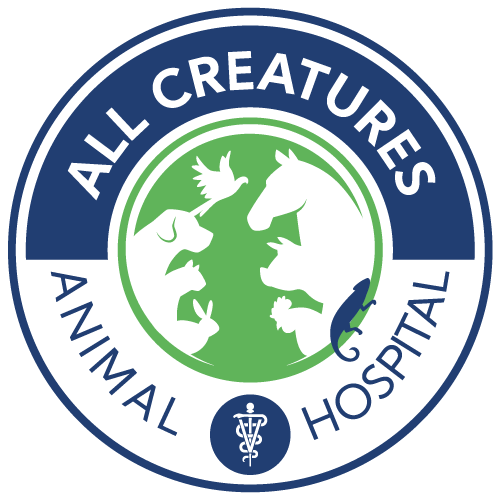A Quick Look at Pet Anesthesia
Many pets will have to undergo surgery. In fact, given how important spaying and neutering are for controlling animal populations, protecting the environment, and keeping would-be pets out of shelters, pet surgery is highly recommended for most cats, dogs, and many other pets too. If an animal must undergo surgery, that typically means that pet anesthesia will be needed. Contact All Creatures Animal Hospital, serving Granbury and the surrounding communities if you have any questions.
If you have any questions or concerns about pet surgery and anesthesia, it’s wise to speak with a veterinarian. Many vets would be happy to answer questions, and they may be able to offer ways to mitigate specific risks or concerns.
Why Pet Anesthesia is Necessary
Generally speaking, it’s pretty easy for people to communicate with one another. These days, even if you and another person speak different languages, you may still be able to communicate by using tools like Google Translate. Unfortunately, there’s no Google Translate for communication between humans and other animals, like cats and dogs.
This is important to note because the lack of direct communication between us and our pets means we can’t convey complex ideas. If a pet is undergoing surgery, even a simple one, say removing a large splinter, your companion may not understand that the vet is trying to help them. If your pet fights back during the procedure, it could result in serious complications.
Meanwhile, complicated surgeries, with both people and animals, require that the subject stay still. However, the surgery can be long, and if a pet is awake, the procedure could cause immense pain. In such situations, it’s simply not possible for an animal to stay awake during the pet surgery as they’d likely fight back or try to run away. Fortunately, pet anesthesia can help, making surgery safer for pets, the vet, and the staff at the animal hospital.
Is Pet Anesthesia Safe?
Many owners care deeply about their pets. Surgery can be scary, both for the subject and their loved ones. Fortunately, medical and veterinary practices have advanced by leaps and bounds. These days, both pet surgery itself and pet anesthesia are now safer than ever before.
The medications used to put a pet under are very powerful, however. It is crucial to get the dosages right and to monitor a pet for any adverse reactions. While complications are rare, they can emerge. Experienced pet anesthesiologists and a skilled veterinarian will know how to react and can work to minimize risks.
Essentially, every medical procedure carries some risk with it. However, if a specific medical procedure is being recommended, it’s because the rewards, which often mean safeguarding your pet’s health, will greatly outweigh the risks.
Contact All Creatures Animal Hospital in Granbury, TX
Stop by All Creatures Animal Hospital, serving Granbury and the surrounding communities, if you would like to speak with a vet.
